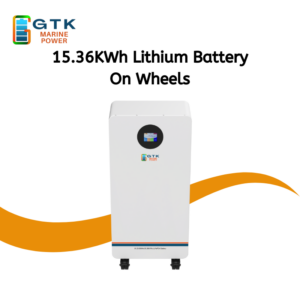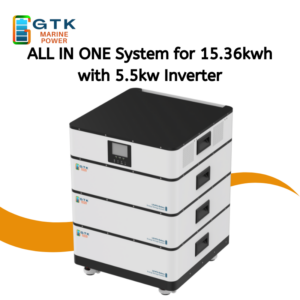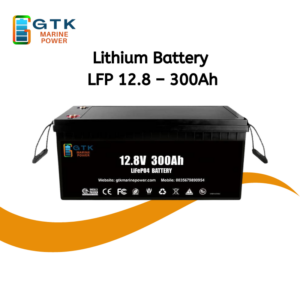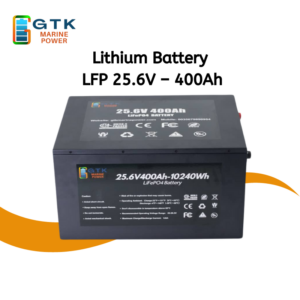Lithium Batteries
LiFePO4 (lithium iron phosphate) batteries offer several distinct advantages, making them a preferred choice for various applications like renewable energy systems, electric vehicles (EVs), and marine or industrial use. Here’s an overview of their specific advantages:
- Long Lifespan
- Cycle Life: LiFePO4 batteries typically last 2,000–5,000 cycles or more, compared to 300–500 cycles for lead-acid batteries. This translates to 10–15 years of reliable performance .
- High Safety Standards
- Thermal Stability: Unlike other lithium chemistries, LiFePO4 is highly stable at high temperatures and is less prone to thermal runaway or combustion.
- Built-In Battery Management Systems (BMS): Many models, such as those available from StoreMalta, include advanced protection against overcharging, over-discharging, short circuits, and overheating .
- Lightweight and Compact Design
- LiFePO4 batteries are about 30–50% lighter than lead-acid alternatives, making them ideal for applications like boats, RVs, and portable energy storage solutions .
- Consistent Energy Delivery
- High Discharge Rate: They maintain stable voltage throughout the discharge cycle, providing consistent power output. This feature is crucial for high-demand systems such as solar setups or electric motors .
- Depth of Discharge (DoD): LiFePO4 batteries can be safely discharged up to 90% or more of their capacity without significant damage, compared to 50% for lead-acid batteries.
- Eco-Friendliness
- Non-Toxic Composition: LiFePO4 batteries do not contain harmful heavy metals like cadmium or lead, making them more environmentally friendly.
- Recyclability: Many manufacturers ensure their batteries are designed for easy recycling .
- Wide Temperature Tolerance
- LiFePO4 performs well in extreme conditions, functioning efficiently in temperatures ranging from -20°C to 60°C. This makes them suitable for outdoor or industrial applications .
- Low Maintenance
- These batteries are virtually maintenance-free, with no need for regular fluid refills or equalization charges required by lead-acid batteries.











